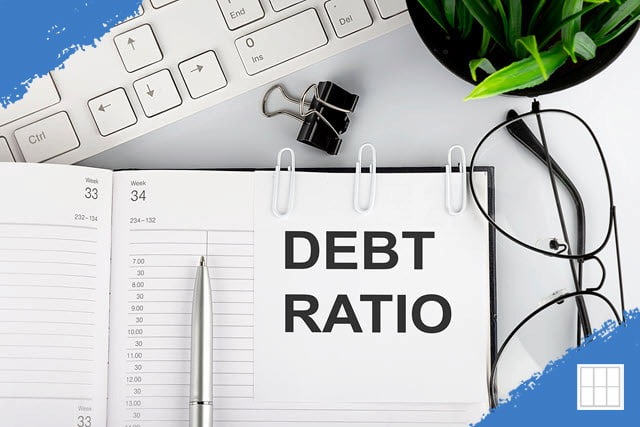Introduction Purchasing a home is a significant milestone, but before embarking on this exciting journey,…

The Guide on Qualifying for Conventional Home Loans
Owning a home is a significant milestone in many people’s lives, and obtaining a conventional home loan is a common path to achieve that goal. Whether you’re a first-time homebuyer or someone with previous mortgage experience, understanding the qualification process is crucial. In this comprehensive guide, we will explore the ins and outs of qualifying for conventional home loans. From credit scores to down payments and debt-to-income ratios, we’ll cover everything you need to know to increase your chances of securing the loan you need. So, let’s dive in!
Understanding Conventional Home Loans
Before we delve into the qualification requirements, it’s important to grasp the basics of conventional home loans. Unlike government-backed loans, such as FHA or VA loans, conventional loans are not insured or guaranteed by a government entity. They are typically offered by private lenders, such as banks or credit unions. Conventional loans often have more stringent qualification criteria, but they can provide borrowers with greater flexibility and potentially lower costs. Now, let’s explore the key factors that lenders consider when evaluating your eligibility.
Credit Scores and History
One of the primary factors lenders consider is your creditworthiness. A strong credit score demonstrates your ability to manage debt responsibly. For conventional home loans, a higher credit score generally improves your chances of qualifying. While specific requirements can vary, aiming for a credit score of 620 or higher is recommended. Lenders will also assess your credit history, looking for a consistent record of on-time payments and low credit utilization. It’s essential to review your credit report, resolve any errors, and take steps to improve your credit score before applying for a loan.
Down Payments and Loan-to-Value Ratio
Another critical aspect of qualifying for a conventional home loan is the down payment amount. While conventional loans typically require a higher down payment compared to government-backed loans, the exact percentage may vary. Generally, a down payment of 20% or more is ideal to avoid private mortgage insurance (PMI) costs. However, some lenders offer loan options with lower down payment requirements, which may require PMI. Additionally, lenders consider the loan-to-value (LTV) ratio, which compares the loan amount to the appraised value of the property. A lower LTV ratio signifies less risk for the lender and may improve your chances of approval.
Debt-to-Income Ratio and Financial Stability
Lenders carefully evaluate your debt-to-income (DTI) ratio to assess your financial stability and ability to repay the loan. DTI represents the percentage of your monthly income that goes toward debt payments. Generally, a lower DTI ratio is preferred, ideally below 36% of your gross monthly income. This includes not only your housing expenses but also other debts like credit cards, auto loans, and student loans. Taking steps to reduce your debt and increase your income before applying for a loan can positively impact your DTI ratio and enhance your eligibility.
Employment and Income Verification
Lenders will verify your employment history and income stability to ensure your ability to make mortgage payments. Generally, they prefer borrowers who have a consistent employment record, typically for at least two years in the same line of work. Income stability and reliability are crucial factors, as they demonstrate your capacity to meet your financial obligations. Be prepared to provide documentation, such as pay stubs, W-2 forms, and tax returns, to support your income claims during the loan application process.
Conclusion: Qualifying for Conventional
Qualifying for a conventional home loan involves several key factors, including credit scores, down payments, debt-to-income ratios, employment history, and income verification. By understanding the qualification requirements and taking proactive steps to improve your financial profile, you can increase your chances of securing the loan you need. Remember to review your credit report, save for a down payment, manage your debt responsibly, and maintain stable employment. With diligence and preparation, you’ll be well on your way to qualifying for a conventional home loan and turning your homeownership dreams into reality.



